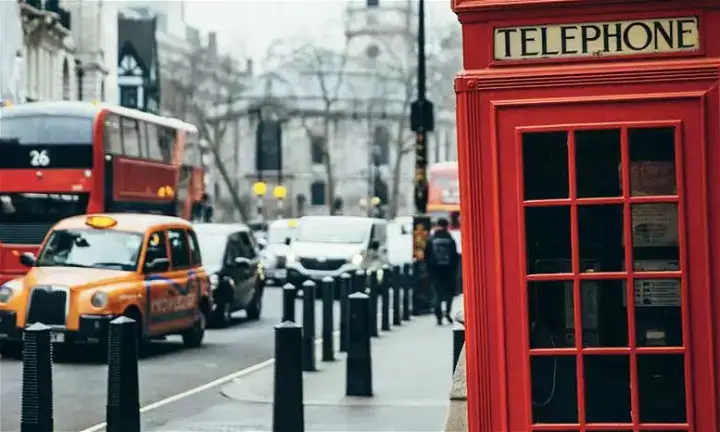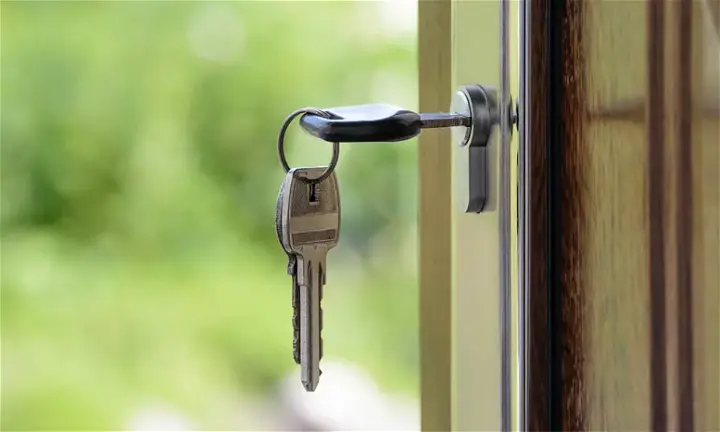
Practicing Collaborative Consumption in Ireland
The underlying trend continues and shows no signs of stopping. Collaborative consumption is now more than just a fad, and constitutes a significant proportion of the country’s economy. Roomlala informs you on the situation in Ireland and details the major players in carpooling and homestay services across the Irish sea.
Some figures on the collaborative economy in IrelandAccording to a recent PwC study, collaborative consumption in the EU amounted to around €3.6 billion in revenue in 2015. This figure is expected to rise to €83 billion by 2025. It is therefore a major trend, especially since these revenues constitute only a small percentage of the cash that flows through platforms of collaborative consumption. Ireland is one of the strongholds of this economy as it is home to the headquarters of many successful start-ups, thanks to its favourable tax policy. Like the English, more and more people are moving towards this trend; 35% of the Irish have already used sites emphasising the collaborative economy at least once, and 12% frequent them regularly. Therefore, even if early adopters remain the primary users of the collaborative economy, the affected target is gradually spreading.
What are the main sectors of collaborative consumption?Collaborative consumption in Ireland is mainly supported by three domains: homestays, carpooling, and crowdfunding. The key players in the country are AirBnB for housing, GoCar for carpooling, and LinkedFinance for peer-to-peer loans. Traditional companies have also capitalised on the phenomenon, such as BMW who have created Drive Now, a vehicle sharing platform. Roomlala is also a major contributor to the development of collaborative consumption in the British Isles, offering shared accommodation in Ireland with options such as homestays and B&Bs.
Feel free to browse our articles concerning collaborative consumption here.
Author: Roomlala



